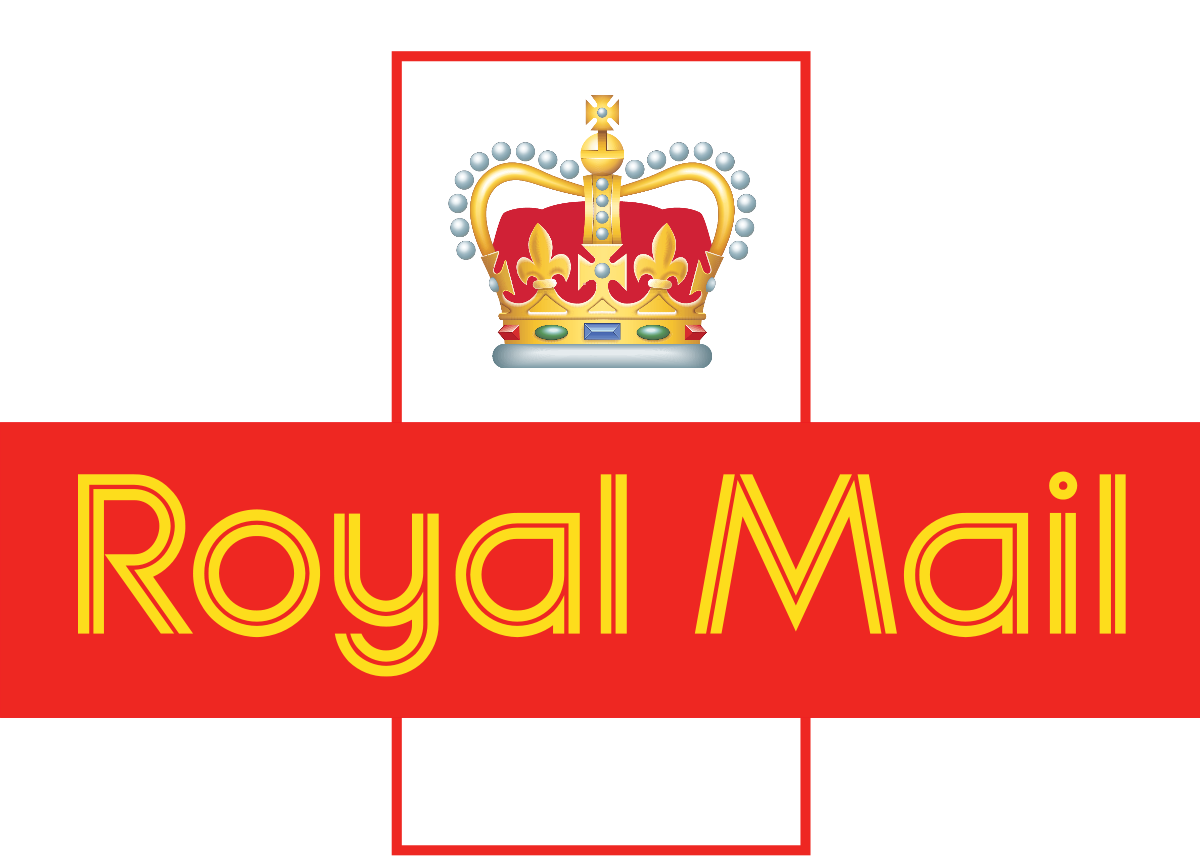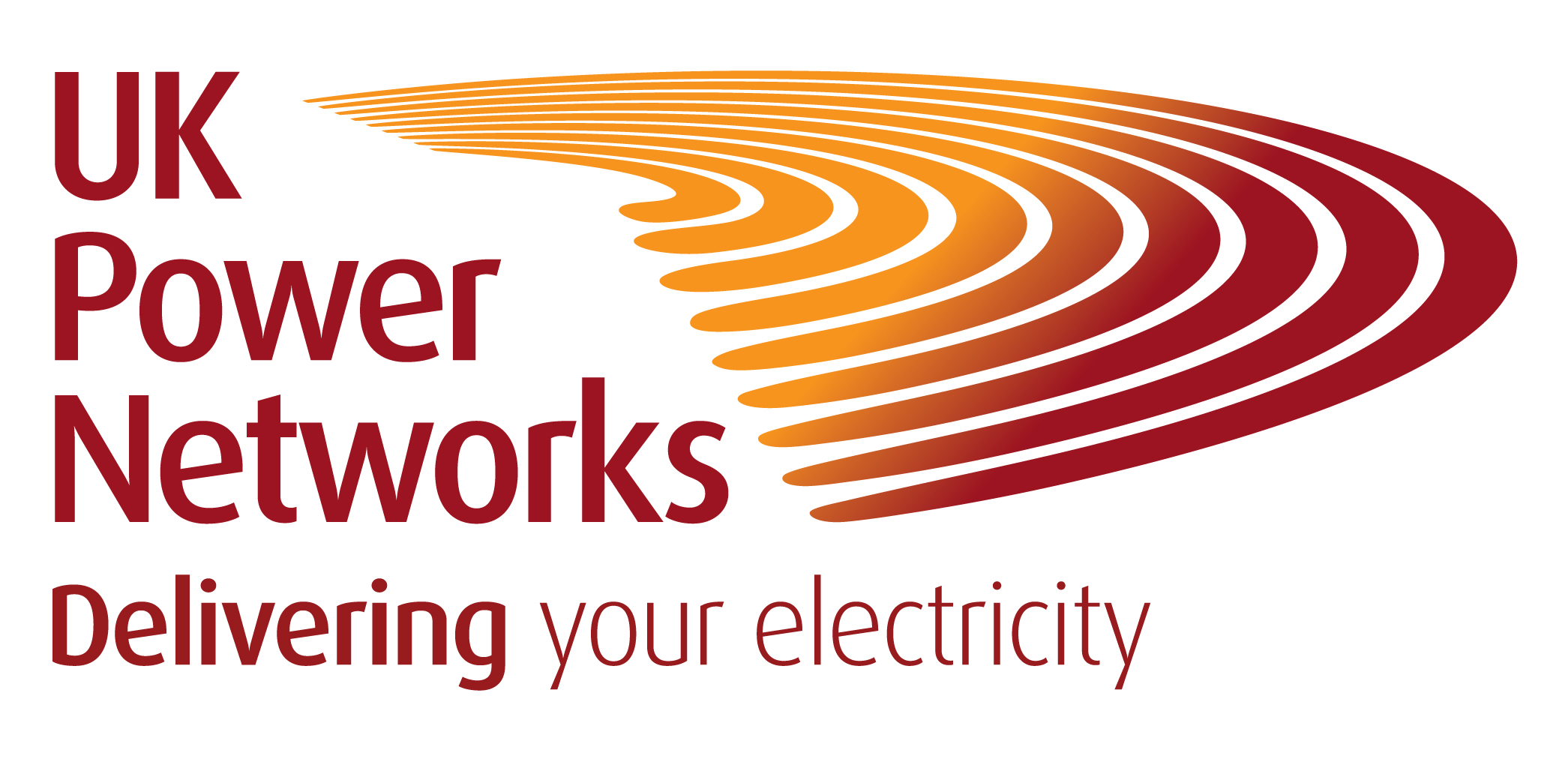The Optimise Prime project has released its third deliverable, Learning from Installation, Commissioning and Testing.
This report, the third of seven that will be published throughout the project, provides a comprehensive overview of of the solutions that the project has implemented, the challenges faced and learnings gained through implementation and testing. The project team believes these lessons that may be of use to organisations involved in the electrification of commercial fleets, as well as. Key learning points are highlighted throughout.
Learnings from the report cover a wide range of areas and some of the key findings include:
Aggregation of demand response from distributed EVs and within depots using the project methods can provide flexibility to the network operator. Continued trialing will quantify the reliability and impact of these services
The difficulties in retro-fitting smart capabilities to existing charging installations - smart charging should be designed in from the outset where possible
The need to consider a wide range of stakeholders when installing charging equipment in complex depot environments
The difficulty in reliably identifying the vehicles using charge points, which is necessary for some forms of smart charging, and the requirement for either strict procedures for use of chargers, or an alternative way of identifying vehicles
It’s not always possible to install point of connection monitoring within distribution network infrastructure and installing on customer premises can be complex, especially at larger and older sites
Policies and training are an important part the EV fleet transition and are essential to ensure vehicles are successfully charged and can be used to deliver flexibility services
When implementing self-service planning tools there is a trade-off between accuracy and ease of use and assumptions need to be made
When charge locations are estimated or forecasted, there is no simple way to accurately map estimated charging demand to network infrastructure at scale, so assumptions need to be made when considering local network impact
Following the completion of the installation and testing phase, and the acquisition of electric vehicles by the project partners, the Optimise Prime trials began on 1st July 2021. During the trials data will be collected from vehicles and/or charging infrastructure of our three trial fleets in order to build up a clear picture of the potential impact of EV growth on distribution networks. Alongside this the project is trialing the effectiveness new connection and flexibility services that could reduce the need for network reinforcement as a result of the EV transition.
The next Optimise Prime deliverable, due to be released in late-2021 will present the interim findings from the first few months of the Optimise Prime trials. All Optimise Prime deliverables can be found on the project website.
Part-funded by Ofgem’s Network Innovation Competition, Optimise Prime is an industry-led electric vehicle innovation and demonstration project that brings together partners from leading technology, energy, transport and financing organisations, including Hitachi Vantara, UK Power Networks, Centrica, Royal Mail, Uber, Scottish & Southern Electricity Networks, Hitachi Europe and Hitachi Capital.








